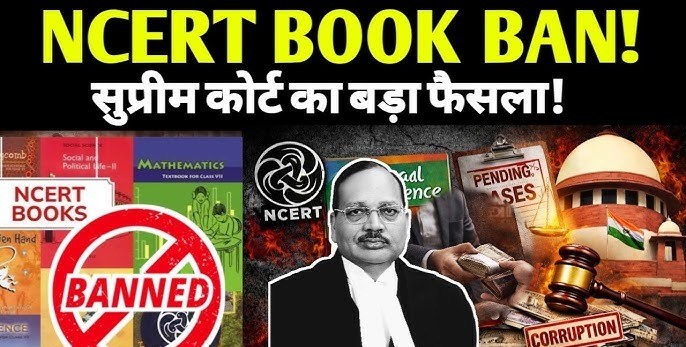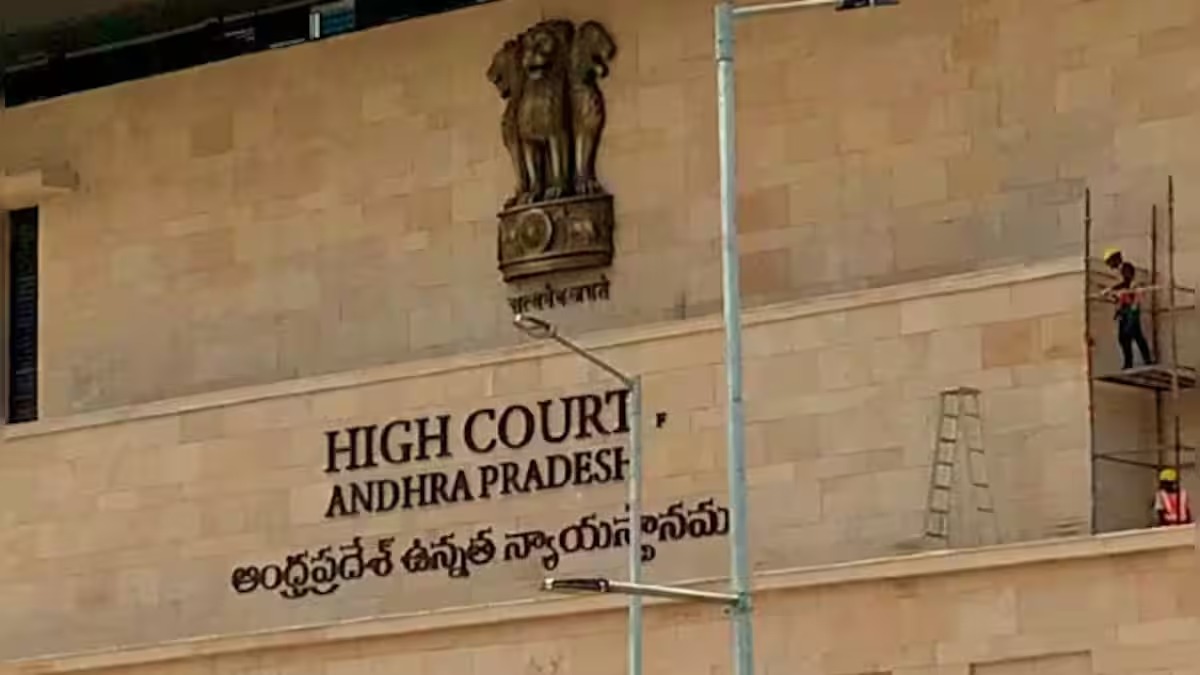Sanjay K. Agrawal, J
1. The petitioner in W.P.(L)No.1025/2010 namely Chandra Prakash Soni was removed from service with superannuation benefits like pension,
provident fund and gratuity, but gratuity was not paid to him against which he preferred application before the controlling authority and the controlling
authority directed the employer Central Bank of India to pay gratuity to him along with 10% interest against which the employer Central Bank of India
preferred appeal before the appellate authority under Section 7(7) of the Payment of Gratuity Act, 1972 (for short, 'the Act of 1972'). The appellate
authority allowed the appeal in part and held that writ petitioner Chandra Prakash Soni is not entitled for interest. Challenging that order, the employer
and the employee, both, have preferred writ petitions.
2. Since common question of law and fact is involved in these writ petitions, they are heard together analogously and are being decided by this
common order.
3. Mr. Rajendra Tripathi, learned counsel appearing for the employer Central Bank of India, would submit that the order granting gratuity is
unsustainable and bad in law.
4. The learned controlling authority relying upon tenor and texture of the order of removal has clearly held that the order of removal does not
specifically debar the employee from payment of gratuity due to him, rather it allows the employee to have the superannuation benefits like pension
and other provident fund and gratuity as would be due otherwise under the rules and regulations prevailing at the relevant time and without
disqualification from future employment in that view of the matter. Order granting gratuity cannot be taken exception to. In this regard, the decision of
the Supreme Court in the matter of Bank of Baroda v. S.K. Kool (D) through LRs and another 1 is relied upon in which the Supreme Court not only
granted superannuation benefits, but also granted with interest. Paragraph 15 of the report states as under: -
15. Accordingly, we hold that the employee's heirs are entitled to superannuation benefits. The entire amount that the respondent is found entitled to
along with interest at the rate of 6% per annum should be disbursed within 6 weeks from the date of receipt/communication of this Order.
5. Therefore, both the authorities are absolutely justified in granting gratuity to the petitioner and that finding cannot be interfered with by this Court in
its jurisdiction under Article 226/227 of the Constitution of India and it is accordingly affirmed.
6. So far as interest is concerned, the learned controlling authority has granted interest on gratuity at the rate of 10% which the appellate authority has
interfered with.
7. Section 7(3A) of the Act of 1972 clearly mandates that if the amount of gratuity payable under sub-section (3) is not paid by the employer within
the period specified in sub-section (3), the employer shall pay, from the date on which the gratuity becomes payable to the date on which it is paid,
simple interest at such rate, not exceeding the rate 1 2014 AIR SCW 252 notified by the Central Government from time to time for repayment of long-
term deposits. The only exception that is provided in the proviso is that no such interest shall be payable if the delay in the payment is due to the fault
of the employee and the employer has obtained permission in writing from the controlling authority for the delayed payment on this ground.
8. Reverting to the facts of the present case, it is not the case of the Central Bank of India that delay in payment is due to the fault of the employee,
rather the employee has made application for grant of gratuity. There is no material on record to hold that the employer has obtained permission in
writing from the controlling authority for the delayed payment on the ground of delay as mandated by the proviso to Section 7(3A) of the Act of 1972.
9. In view of the above, the order passed by the appellate authority to the extent of declining interest modifying the order of the controlling authority, is
set aside. The writ petition filed by the employee is allowed and the part of order granting interest on gratuity is hereby restored. The writ petition filed
by the Bank is hereby dismissed. The amount of interest on gratuity till this date shall be paid by the respondent Bank within a period of 30 days from
the date of receipt of certified copy of this order. No order as to cost(s).

